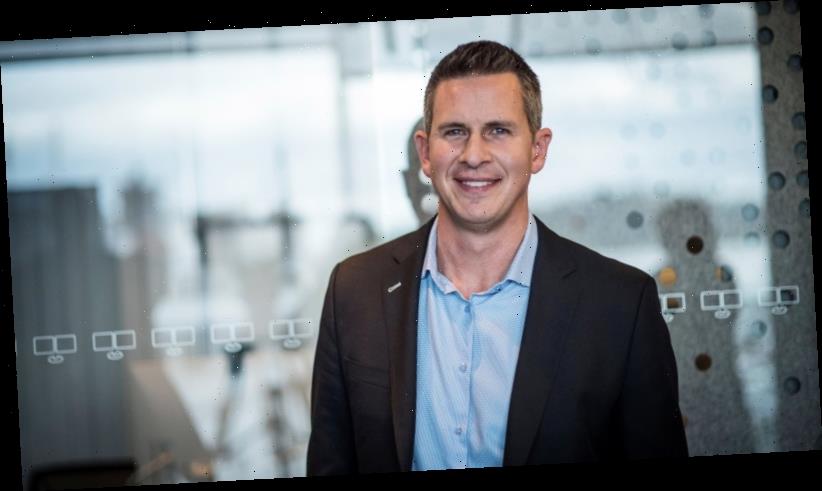Sonos chief executive Patrick Spence has apologised to customers after a backlash over the company’s plan to halt software updates for older products.
The speaker maker last week said it would stop providing updates and new features for speakers launched in the 2000s, including the Connect, ZonePlayer, the original Play:5 and Bridge.
Sonos CEO Patrick Spence says older products will continue to work past May, despite being cut off from new features.Credit:Bloomberg
The company warned that even if customers only had one older speaker, their entire Sonos sound systems might lose access to services and functionality would "eventually be disrupted". It also suggested users buy new speakers with a 30 per cent credit for each legacy device traded in. Sonos devotees quickly went berserk on social media, accusing the company of purposely degrading existing hardware to spur new sales.
In a statement, Sonos didn't reverse the decision to nix software updates in May but pledged to keep older speakers "updated with bug fixes and security patches for as long as possible." The company also said it would "work to offer an alternative solution" to major issues that can't be addressed.
"We heard you. We did not get this right from the start. My apologies for that and I wanted to personally assure you of the path forward," Spence wrote in a letter posted on Sonos’s blog. "First, rest assured that come May, when we end new software updates for our legacy products, they will continue to work as they do today. We are not bricking them, we are not forcing them into obsolescence, and we are not taking anything away."
Sonos's original announcement suggested that legacy products would eventually stop working with newer speakers. The company now says that will not be the case. "We are working on a way to split your system so that modern products work together and get the latest features, while legacy products work together and remain in their current state," Spence wrote.
Despite the backlash, it's common for technology companies to cut off software updates for older devices. Apple's latest iOS operating system doesn't support iPhones sold before 2015 and iPads made before 2014. That spurs millions of people to spend hundreds of dollars buying new devices.
Sonos is under pressure from larger rivals including Apple, Amazon and Google, which sell internet-connected speakers with digital assistants built in. Sonos sued Google recently, accusing the tech giant of ripping off its designs.
Spence testified at a US Congressional antitrust hearing this month and argued that Sonos was different from larger rivals because it supports products for many years. "Our business model is simple; we sell products which people pay for once, and we make them better over time with software updates," Spence said.
Some users on Twitter quickly contrasted that statement with last week's decision to end software updates on many speakers.
Bloomberg
Source: Read Full Article

